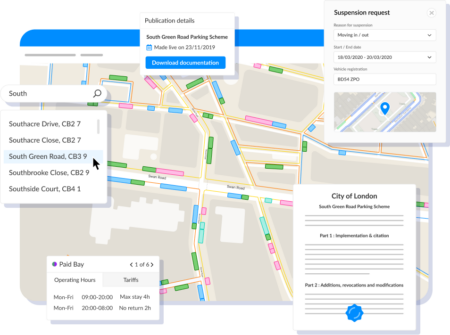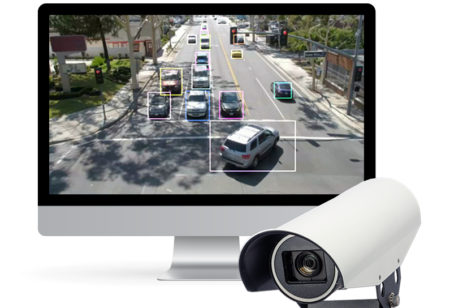Eroad, a provider of telematics fleet management, electronic tax reporting, and ELD (electronic logging device) compliance systems for freight transport, will participate in the first multistate pilot to explore the feasibility of a Mileage-Based User Fee (MBUF) for trucks along the USA’s eastern seaboard.
The I-95 Corridor Coalition’s truck pilot, slated to begin next year, will feature 50 vehicles equipped with Eroad’s in-vehicle hardware for six months. The telematics system will record accurate mileage data and apply applicable formulas for a truck-based MBUF as prescribed by the program’s steering committee, which includes the American Trucking Associations. New Zealand-based Eroad will produce dummy invoices, demonstrating payments to appropriate agencies within the coalition.
The pilot area, running from Maine to Florida, is a critical freight corridor in the US economy. Over 5 billion tons of freight, representing almost 40% of the country’s GDP, moves annually across the area’s 1,917 miles (3,085km) of roads. Average daily truck traffic in the region includes over 10,000 vehicles, with peak daily traffic averaging over 31,000 units. Looking to the future, the amount of truck traffic in the corridor is expected to more than double by 2035.
For the US$1.6m pilot program, the I-95 Corridor Coalition partnered with the Delaware Department of Transportation (DelDOT) to explore the feasibility of replacing fuel taxes with a MBUF approach in a multistate environment. Previous mileage-based usage approaches have primarily focused on a single state. The I-95 pilot is partially funded through the US Department of Transportation’s (USDOT) Surface Transportation Funding Alternatives program, which was established to explore alternative mechanisms for road funding to fuel taxes.
“This is an extremely significant opportunity for us, as it’s the first truck pilot in the USA to explore the feasibility of a Mileage-Based User Fee across multiple states,” said Steven Newman, Eroad’s CEO. “It will highlight our ability to demonstrate a highly flexible, feasible and cost-effective way to introduce road charging across jurisdictions without needing an intrusive and expensive roadside infrastructure, while also reducing the reporting burden on motor carriers.”
Patricia Hendren, executive director of the I-95 Corridor Coalition, said, “Trucks are an important component of exploring the feasibility of a mileage-based user fee approach. Commercial vehicles have a long list of reporting requirements, they are heavy users of the system, and they are heavy payers.”




